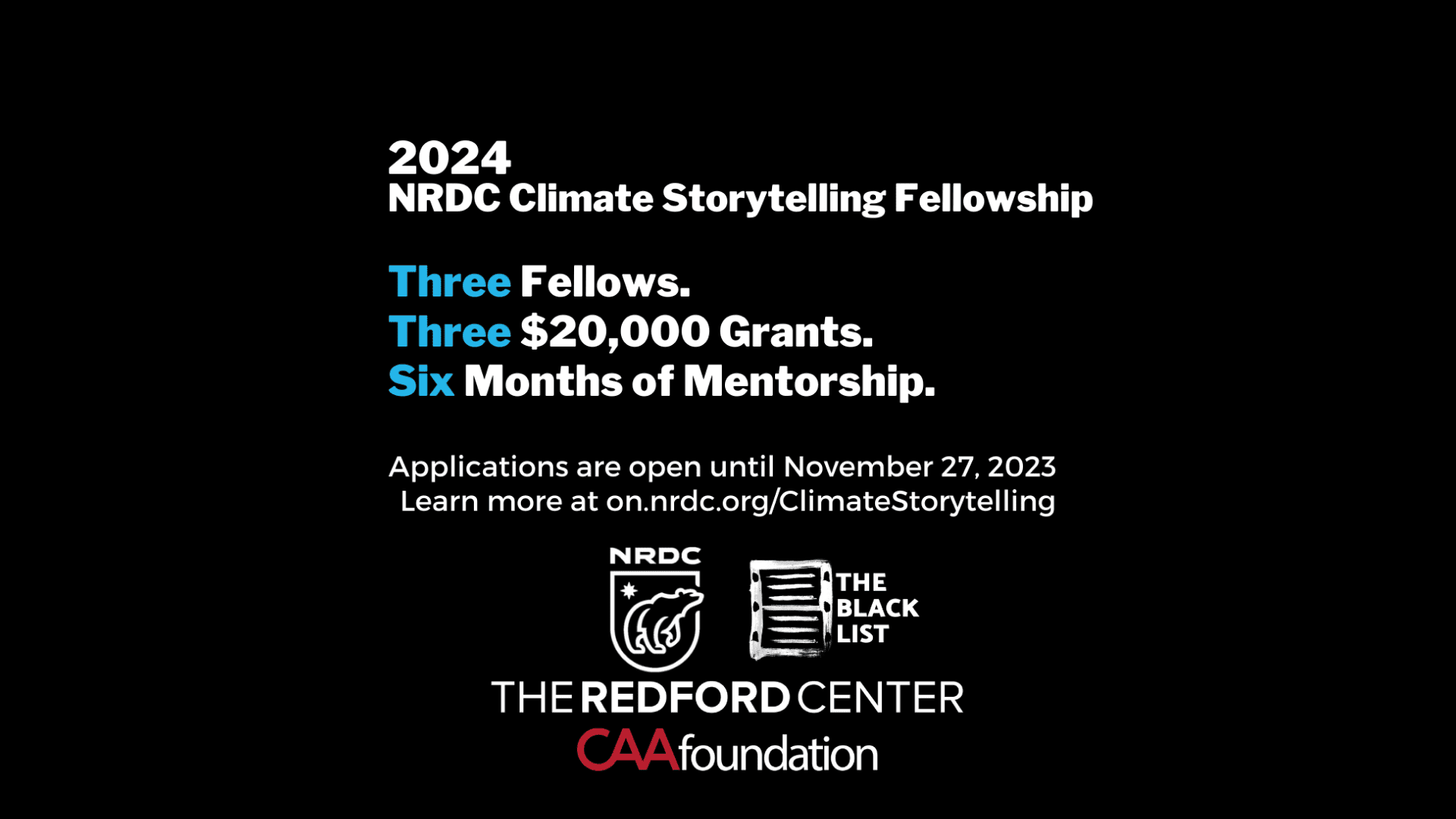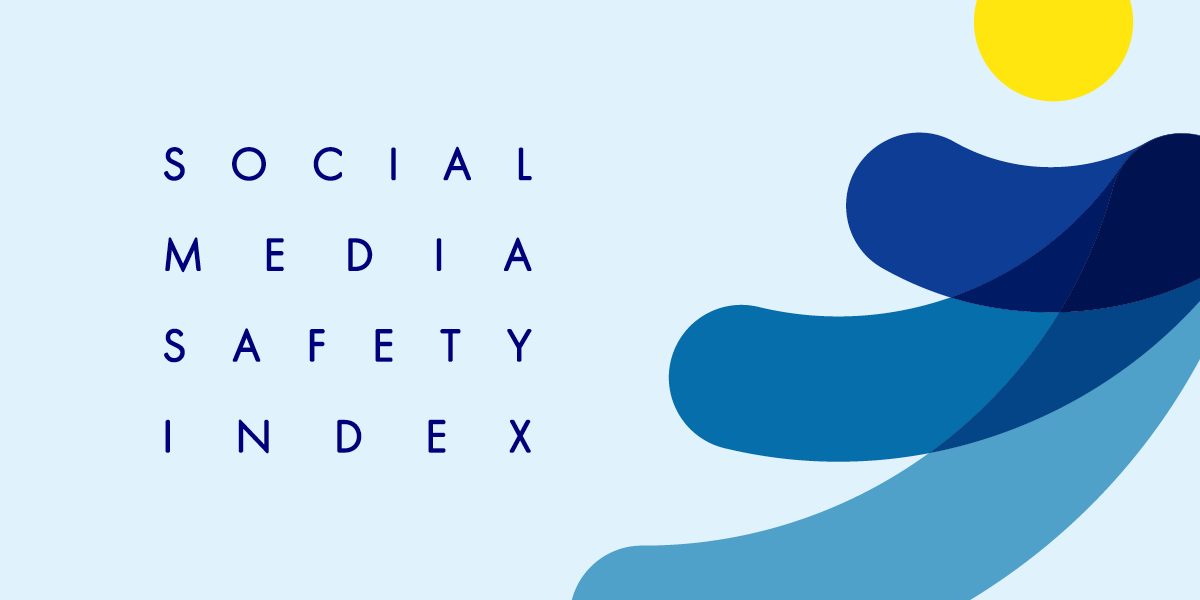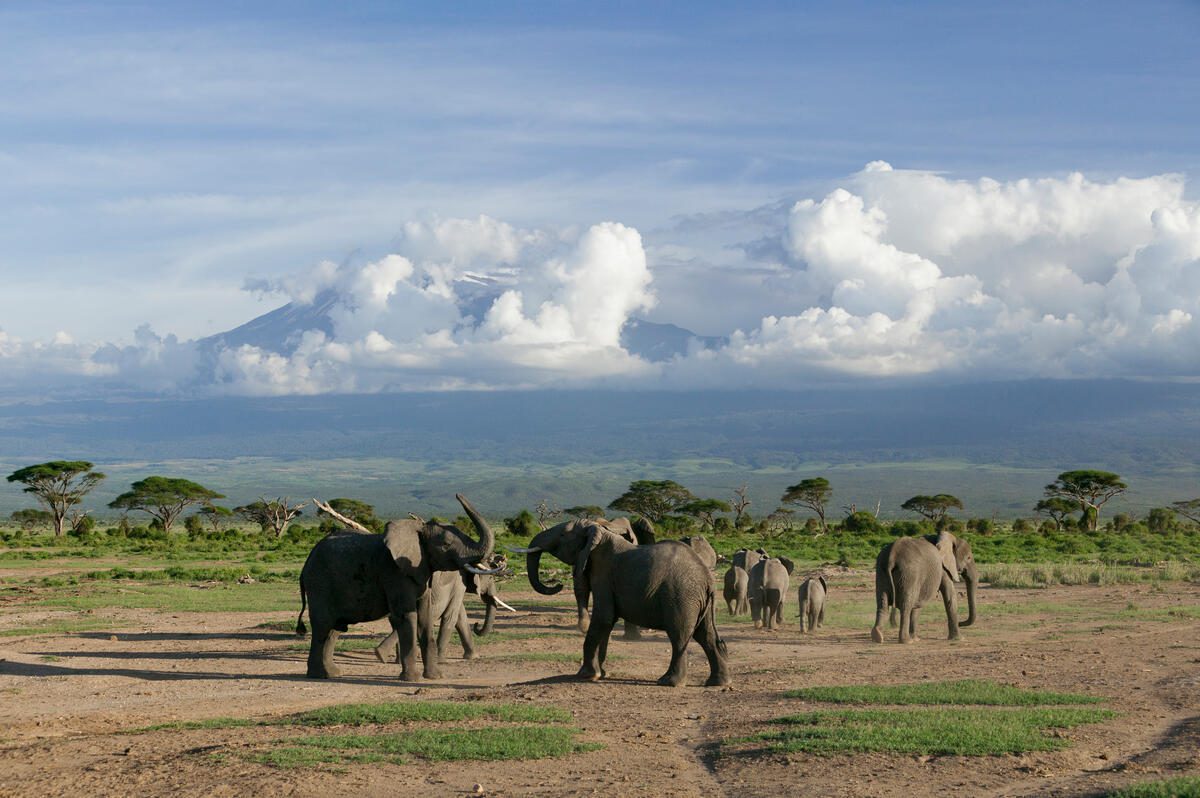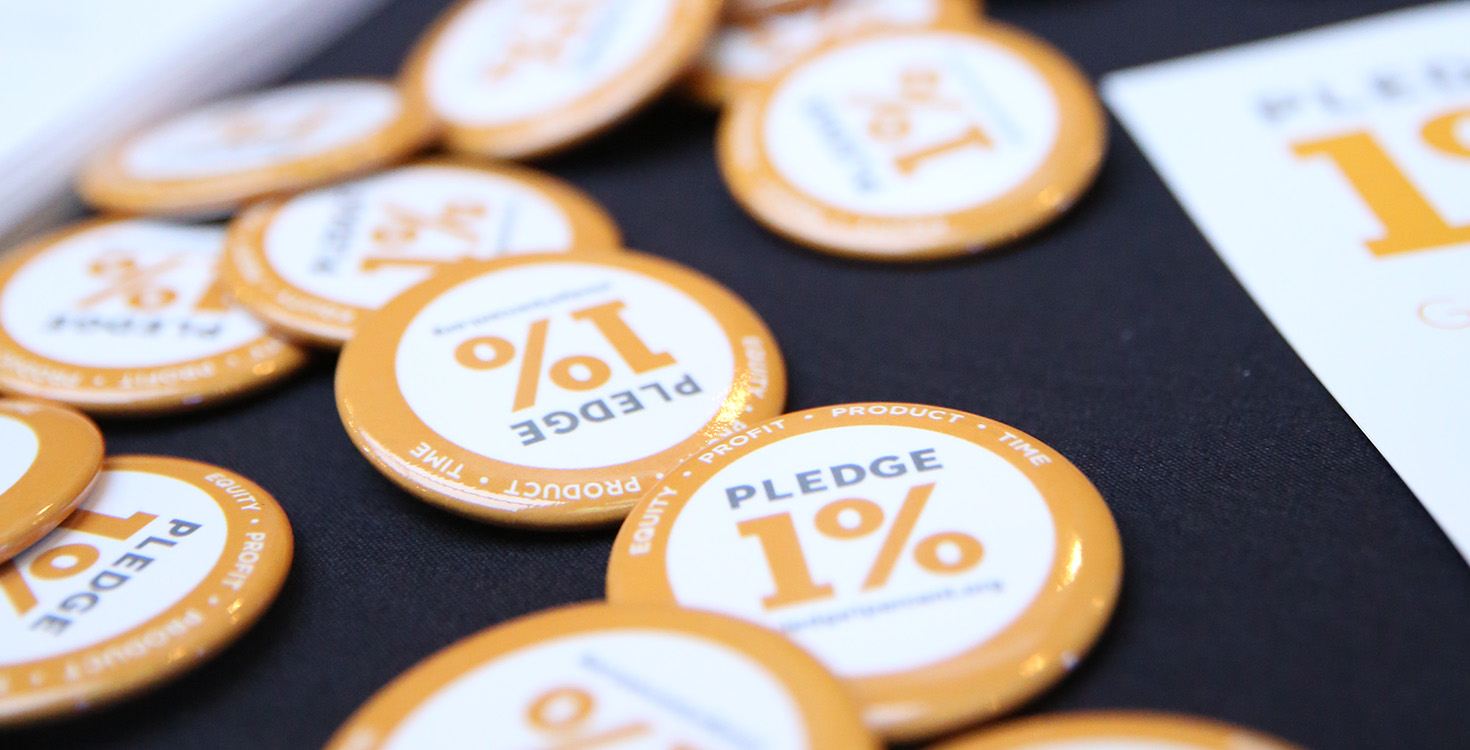NRDC’s Rewrite the Future Initiative
Rewrite the Future is an initiative by NRDC that leverages Hollywood to tell stories around climate change. Climate stories have been scarce at every level of the entertainment industry and this initiative offers a fellowship to help fund climate stories as well as experts to consult and advise on how to approach climate storytelling in a way that’s both entertaining and impactful. Read our Q&A with Daniel Hinerfeld, Director of NRDC’s Rewrite the Future to learn more about why storytelling is such an important aspect of advocacy work and a powerful tool to move culture.

Rewrite the Future focuses on leveraging Hollywood to tell stories around climate change. Why do you see storytelling as an important part of your advocacy work, and how does it advance the mission at large of NRDC?
There’s little time left to avert a climate catastrophe. We need to press on all the levers and bring about enormous changes to our society very rapidly to avoid the worst impacts. Storytelling is a powerful tool that can move our culture. A good story can change the way people think, feel, and behave. It can help people process difficult emotions, let go of the status quo, and move them to act. We believe the right kinds of storytelling around the climate crisis can help us all envision a better future and inspire us to build it.
Why do you think stories about climate change are so scarce in large budget Hollywood films?
Climate change stories have been scarce at every film budget level, and in TV, too! For a long time, there has been a sense that climate change was remote and abstract. The onslaught of extreme weather in recent years is changing that quickly, but there is still a widespread perception that climate stories are depressing, preachy, boring, or divisive. The impacts of the climate crisis and its solutions are playing out in every corner of the world, and absolutely everything is at stake. There are a lot of creative ways that films and TV shows can portray that reality and, importantly, it’s not all doom and gloom. You can still have murders, affairs and intrigue in a future with a green economy.
How is the NRDC using the Rewrite The Future initiative to support more diverse, compelling and impactful filmmaking to address the climate crisis?
One way is through the Climate Storytelling Fellowship in partnership with The Black List, The Redford Center and the CAA Foundation. From the hundreds of submissions that were received for the Fellowship, three scripts were selected. The writers are each receiving $15,000 to support them through a revision of their script.
Sarah Treem (THE AFFAIR, HOUSE OF CARDS, IN TREATMENT), Scott Z. Burns (AN INCONVENIENT TRUTH, CONTAGION, EXTRAPOLATIONS), and Naren Shankar (THE EXPANSE) are acting as mentors to help guide the writers through the revision process. Rewrite the Future will also advise on how to approach climate storytelling in a way that’s both entertaining and impactful. At the end of the six-month revision period, the completed scripts may be reviewed by prominent studios, agencies and/or production companies including Hyperobject Industries, Madica Productions, Participant, UTA and WME. We hope the Fellowship will be an annual event.
As a part of your Rewrite The Future initiative, NRDC offers to assist entertainment professionals through dialogue and consulting. How should filmmakers approach telling stories about climate change that are authentic and impactful? What factors are most important for authenticity?
Our aim is to help storytellers find specific approaches that feel organic to their story rather than tacked on. A first step we suggest is simply to work on reflecting our current climate reality. Climate change already affects most of us. We worry about it. We talk about it with our partners and friends. People wonder whether it makes sense to have children, or where is the safest place to live, or what they can possibly do to help. Stories that hold up a mirror to those realities can help audiences deal with the climate anxiety and grief they’re living with on a daily basis. And that’s the first step toward constructive action.
What are some of the nuances that are largely missing in pop culture stories that touch on climate change?
Most climate stories are about disasters and apocalypse. Those themes are understandable in this very early stage of climate storytelling, but they tend to miss the complex emotions that the climate crisis gives rise to, and, most important, they don’t show us a way out, a path toward solutions and a better society. There’s certainly a place for dark stories about climate, but audiences need positive visions of the future too, or they’ll become despondent.
Another vital thing that’s missing from most film and TV depictions of climate change — but it’s more than a nuance — is the pervasiveness of environmental racism and climate injustice. Climate change is an intersectional issue in that it tends to exacerbate other forms of inequality such as poverty and racism. We need stories that shine a light on that — stories that show how creating a more equitable world will help alleviate many of the worst climate impacts.
To date, are there specific films or television shows that have addressed the climate crisis, and the consequences of inaction, well? What standard do they set for the industry?
Yes, there are certainly films and TV shows that have reflected climate change successfully. One we all know is The Day After Tomorrow, an entertaining film that, according to Yale professor Anthony Leiserowitz, had a significant impact on climate risk perceptions, policy priorities and even the voting intentions of movie goers. More recently, we’ve seen TV shows like Ted Lasso, Big Little Lies, The Politician, and Madam Secretary, to name a few, put their own spin on the issue. They’ve raised awareness about different aspects of the crisis and challenged audiences to reflect on climate change. There’s so much potential for compelling climate stories and the exciting thing is that many creative professionals are eager to tell them. Rewrite the Future is here to help.








